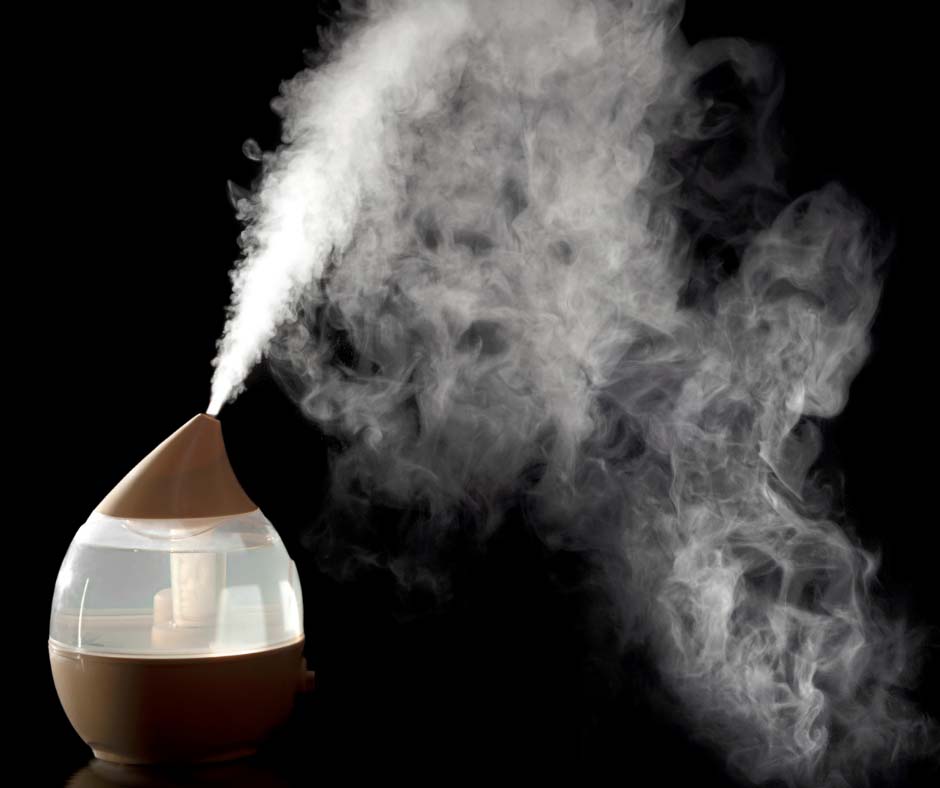Does a Humidifier Help with Allergies and Asthma? A New Jersey Tech Explains
November 11, 2024

The short answer? If used correctly, humidifiers can be good for people with asthma and allergies because they keep passageways from becoming dry and inflamed. Reducing inflammation in your nasal tissues helps your body get rid of allergens and other contaminants.
However, if you don’t keep your indoor humidity levels within a healthy range, you could end up with a home full of dust mites and mold—both of which trigger allergic reactions and asthma in people.
We’ll explain how you can use your humidifier correctly so that you decrease allergies and asthma attacks.
If you use a humidifier, keep an eye on indoor humidity levels
To prevent asthma attacks and relieve allergy symptoms, the CDC recommends keeping your indoor humidity levels between 35% and 50%.
These humidity levels soothe irritated nasal passageways but are also low enough to prevent mold growth and dust mite reproduction.
Note: Mold and dust mites thrive in humidity levels 60% and higher.
Now, you probably know that the average winter humidity levels in New Jersey hover around 60% to 70%. That said, do you really need a humidifier for New Jersey homes?
Most likely, yes. You see, running the heater strips moisture from your home’s air. And, during the New Jersey winters, we have a tendency to run the heat a lot, which means our indoor humidity levels can drop below 35%.
How to measure your home’s indoor humidity level
So how do you know if your home’s indoor humidity level is between 30%–50%?
Well, you could go out and buy a hygrometer. Hygrometers measure humidity levels from 0% (extremely dry) to 100% (very humid).
The good news though, is that if you invest in a whole-home humidifier, these units often come with built-in hygrometers. You can even get a “smart” whole-home humidifier that checks your home’s humidity levels and adjusts settings to keep levels within a set range (determined by you).
The next step: determine if you need a whole-home vs just a room dehumidifier
Only have allergic reactions/asthma symptoms at night? If so, you may benefit from a smaller room dehumidifier that only runs at night while you sleep.
However, these smaller units don’t give you much control over the humidity levels throughout the rest of your home. That said, if your allergies/asthma symptoms plague you no matter what time of day, you’ll want to invest in a whole-home dehumidifier.
Although whole-home units cost more, they offer precise humidity control. And, like we mentioned before, they can automatically adjust how often they run to precisely match whatever humidity levels you desire.
